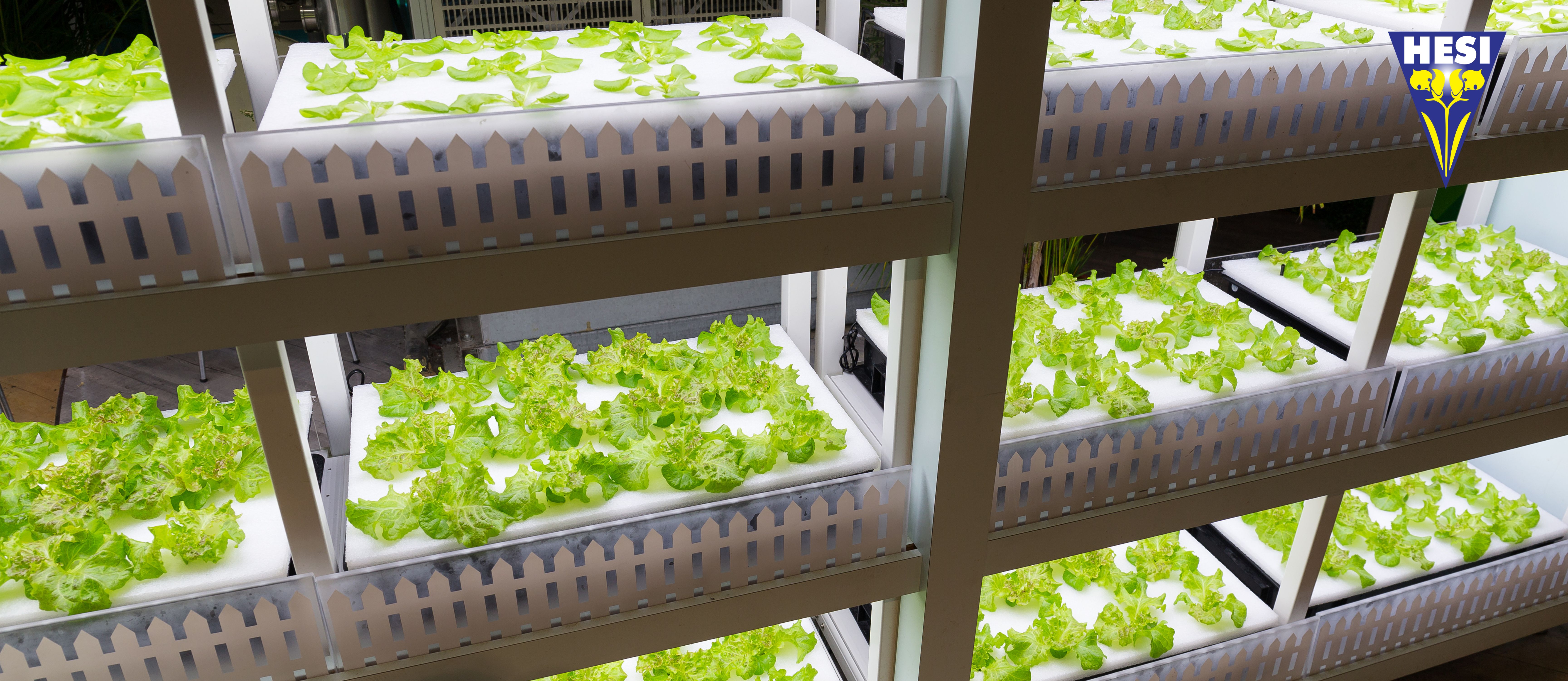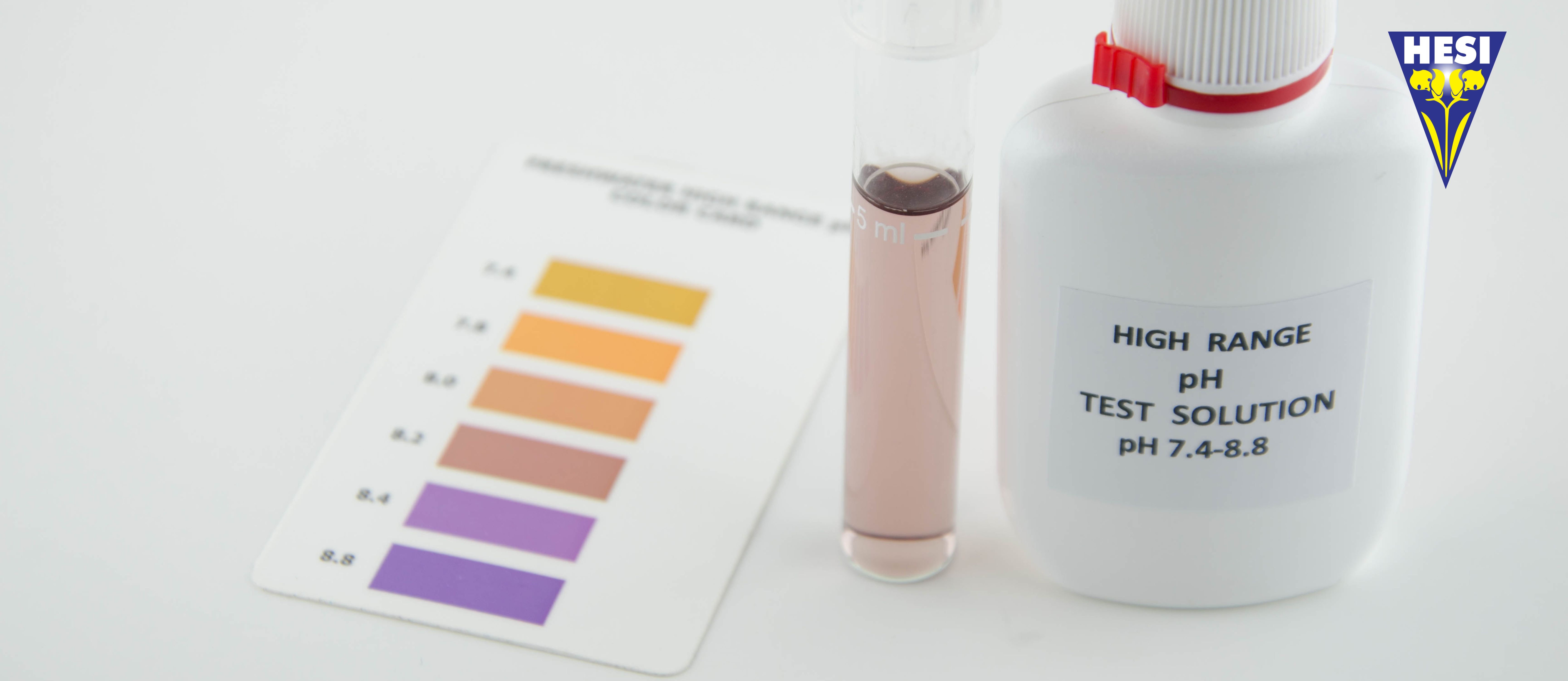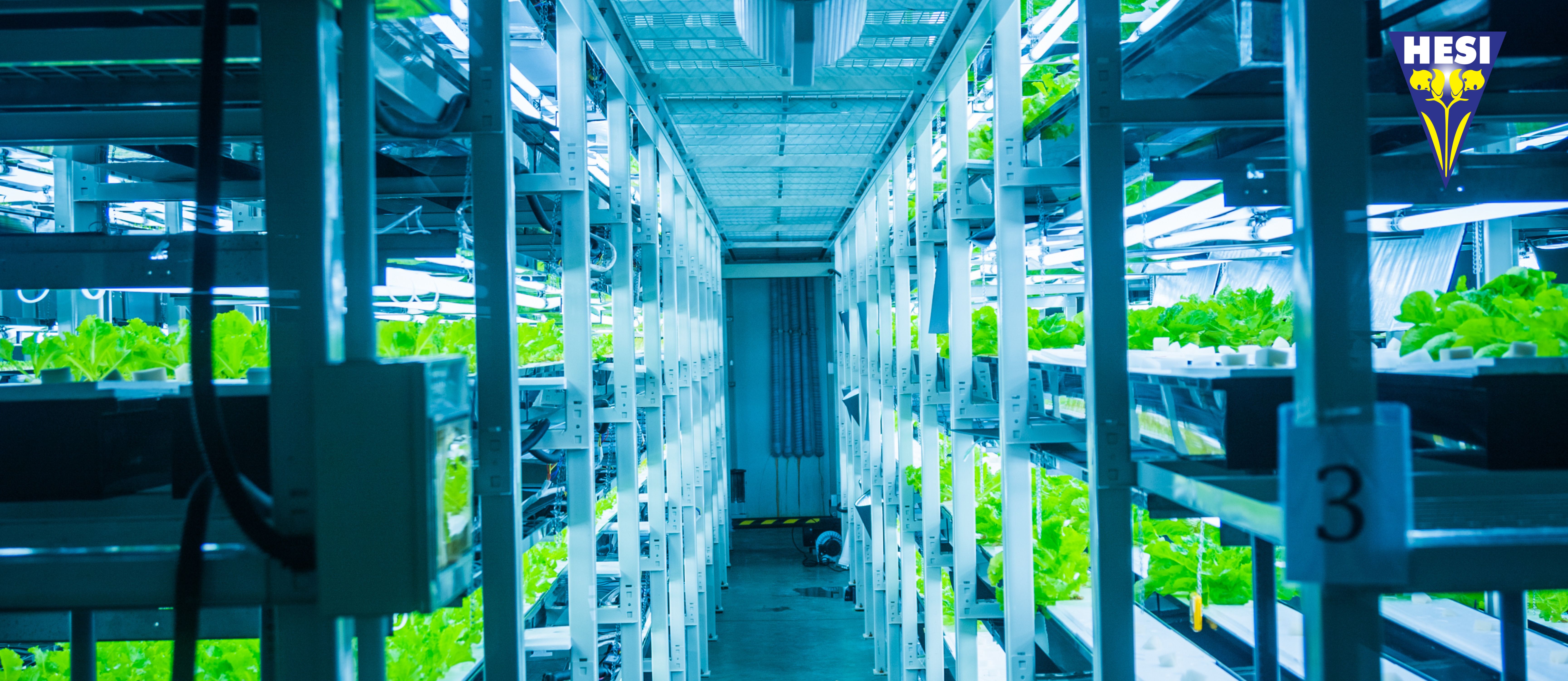Our tips for growing hydroponically
Hydroponics are a method of growing plants in water-based mineral nutrient solutions. There are lots of benefits with growing hydroponically which include:
- You can grow in hydroponics all year long.
- Hydroponics uses less water than traditional soil-based systems.
- Growing in hydroponic systems usually allows for faster growth and higher yields than traditional soil-based growing systems.
Hydroponic systems can be complex and consist of many working parts, which can make growing and maintenance seem like a difficult task. We have therefore put together some tips to make your hydroponic growing into a success!

Water quality
Poor water quality can cause a range of toxicity and deficiency issues in a hydroponic system and can stunt your plants’ growth, especially at the beginning of their life cycles. It is therefore essential to regularly test the water quality of your hydroponic plants. A few elements to take into consideration when looking at the water quality are the pH, EC and oxygen levels.
pH
While soil acts as a natural buffer to help maintain a steady EC and pH, soil-less media, like hydroponics, do not. It’s therefore very important to regularly check the pH in your hydroponic system and adjust when necessary. The pH level measures the acid or alkali levels which can greatly impact growth. All plants have a preferred pH level where nutrients will be most easily taken in by the plants’ root systems. Most plants thrive in hydroponic systems with a water pH between 5.5 and 6.5. This however depends on the plant and the grower’s preference.
When adjusting your pH, it’s always better to use a lower-strength acid or alkaline and add in small amounts. If you’ve already bought a concentrated acid or alkaline, you can dilute it before adding it to the water.

EC
Another thing to keep an eye on when it comes to water quality, is the EC level. The EC stands for electrical conductivity, which measures the amount of dissolved salts in the water. These salts could be the nutrients and background minerals plants need to stay healthy. These salts can also be not needed salts from tap water or not used accumulated salts in the feeding water. To evaluate the EC level, it is therefore important that one knows exactly what one is measuring. The EC level directly correlates with the nutrients available to plants only if the nutrient solution is freshly made up. It’s therefore important to check this regularly but keep in mind that EC measurement is only qualitative and does not show which minerals are inside. You can do this with an EC measurement tool.
Oxygen
Oxygen is vital for optimal plant health. In nature, plants get oxygen from the air and through the roots. In hydroponic systems, you’re creating an artificial environment, which means you need to add in the oxygen to the plants' root systems. In hydroponics, plants need to get oxygen from the water. This can be done with tools like air pumps and air stones.
The temperature of your water also affects oxygen availability. As a general rule, warmer water holds less oxygen, while cooler water holds more. It is therefore best to aim for a water temperature of 18-22 °C.
Lighting
Hydroponic systems can be set up both indoors and outdoors. For indoor hydroponics, additional lighting is almost always necessary. Even though you might have a very sunny south-facing window, it’s likely that this is not enough during the winter.
Read our different types of horticultural lighting article to find out everything you need to know about grow-lights.

Aeration
In order to avoid mold growth and root rot, a good ventilation system is essential when growing hydroponically. When plants transpire, they release excess water. Without proper ventilation, the excess water has nowhere to go. This can lead to mold growth and root rot. Ventilation can also be used to increase or reduce humidity. Water your hydroponic plants when the lights are on so that the plant can evaporate any excess water.
Nutrients
When it comes to feeding your plants, make sure that you’re well acquainted with the nutrients they need. The type and amount of nutrients depends on the type of plant and the phase of the plant's life it’s in.
It’s important to follow the recommended dosage of the fertiliser or booster. When you don’t follow this you can risk over- or underfeeding your plants. Make sure that you add the recommended dosage in small amounts, allowing the nutrients to fully mix into the water before adding more.
Hesi Hydro
We have created fertilisers specifically for hydroponic systems which provide plants with the necessary nutrients in the right concentrations. Young plants have a particularly hard time in hydroponics at first, as they do not yet have many roots that can absorb nutrients. At the same time, they need a lot of energy to quickly form roots for anchoring. We have therefore created fertilisers which provide your hydroponic plants with everything they need!
Hydro growth: The vitamins and amino acids in Hydro Growth help to quickly form a healthy microfilm on the substrate which helps to establish the roots. Once the roots are established, the plant is well anchored and the substrates are revitalised. Now nothing stands in the way of explosive growth.
Hydro Bloom: A complete 1-component fertiliser that contains everything your plants need for a rich and healthy flowering season. Hydro substrates are completely lifeless at first, but the extra vitamins in Hydro Bloom act like a microbial growth agent and quickly form a healthy microfilm on the substrate that better holds water and nutrients, and repels bad germs.
PK 13/14: During the flowering period the need for phosphorus and potassium increases more and more. PK 13/14 is a practical tool to gradually increase the PK content and avoid excessive amounts of PK in the early flowering phase, which is very important especially in hydroponic crops.
- Cultivation Tips : Plant Care , Hesi Products , Cultivation Tips
- Substrate: Hydro
 Deutsch
Deutsch  Français
Français  Español
Español 
